With a smaller staff and a slightly different set operating procedures, CHOICES, one of two clinics in the city that performs abortions, is still open and providing services.
Katy Leopard, assistant director of CHOICES, said the clinic’s call volume has been up, some staff members are working from home, and the clinic has had to decrease the number of patients it sees, but services will continue. CHOICES’ main focus, she said, has been to provide the essential services patients need, while ensuring that staff and patients remain safe and healthy.
“What we do healthcare-wise is definitely under the umbrella of essential healthcare,” Leopard said. “So, we are definitely open and providing services. Our phones are ringing off the hook and people may have a little trouble getting in touch with us, but we are working very hard to get those calls answered and schedule appointments because we know how important what we provide is to our patients.”
Leopard said in addition to the increased call volume, there has been an increase in the number of patients who actually show for their appointments. Ordinarily, she said the show rate for appointments is between 50 and 60 percent, but now, it is up to about 80 percent.
“People are just feeling very anxious and wanting to take care of these things very quickly.
They are thinking ‘oh my god, if I’m going to do it I better do it now before CHOICES has to close,’” she said. “And while I don’t think that’s in our future and I think we will be able to stay open, we are certainly doing our very best.”
Over the past couple of weeks, Leopard said CHOICES also saw an influx of patients from Texas and other states, where abortions were banned and considered a nonessential medical service.
“It was this horrible moment where — for while the clinics in Texas were all closed, and Louisiana, and Ohio — we were seeing people from everywhere,” Leopard said.
Monday, federal judges temporarily overturned the ban in Texas, Ohio, and Alabama, and Leopard said that will “greatly alleviate some pressure.”
At the onset of the COVID-19 pandemic, Leopard said CHOICES immediately opted to allow all non-essential staff members to work from home, as well as those with underlying health conditions that might be more susceptible to contracting the virus.
CHOICES also implemented unlimited paid sick leave for all employees because “the last thing we wanted was for our employees to come in if they aren’t feeling well so they could get paid.”
Down a few staff members, Leopard said initially CHOICES decided to only see abortion patients for the time being, while pushing other wellness appointments until April.
“But after it began to look like this is going to go on for a month or so, we realized that birth control and things like that are essential for the community,” Leopard said. “People need their IUDs removed or they need their prescriptions filled and all the other things that we do.”
Leopard said CHOICES has begun to look for ways to provide the services it can, like renewing prescriptions, via telemedicine.
[pullquote-1]
Typically, abortion patients are required to come in for a patient education session before scheduling an abortion, but Leopard said this process now takes place over the phone.
Out of caution, patients are also screened over the phone and asked about contact with anyone who has been diagnosed with COVID-19 or has had symptoms prior to their appointment. Patients are again screened the day of their appointment before they come into the clinic. Leopard said this week CHOICES will begin checking the temperature of everyone who comes into the building.
Other precautionary steps CHOICES has taken include reorganizing its waiting rooms so that patients sit six feet apart and frequently sanitizing surfaces and equipment in the clinic. Additionally, to limit the number of people in the clinic’s waiting room and potential exposure, CHOICES has temporarily stopped allowing patients to bring a guest with them, unless they are a minor.
“What we provide is critical and essential healthcare to people in this community and we will do everything we can to stay open,” Leopard said. “So, we’re open, seeing patients, and scheduling appointments. But at the same time we are being very, very cognizant and careful to limit exposure to our patients and staff. The thing that could be a real problem for us is if one of our clinicians gets sick. So, we are doing what we can to prevent that.”
[pullquote-2]
Leopard said CHOICES is doing all that they can to “help the community access the tools they need to control their reproductive lives and healthy sexual lives.”
To that end CHOICES sponsored a drive-thru emergency contraception give-away last weekend in its parking lot.
“We are very aware that sex is something people do and quarantine isn’t going to stop that,” she said. “It’s part of our experience as humans. We also give them away at our front desk. So people can come in very quickly and get some if they have an oops moment.”
[pullquote-3]
Leopard said without a doubt, CHOICES needs to remain open, as its services are essential for its patients.
“When I talk to patients about how they would be impacted without the services we provide, it’s very clear that what we do is essential,” Leopard said. “I mean my dry-cleaners and auto mechanic are still open. So, to argue that not being able to control whether or not you continue with a pregnancy that can ripple through your entire life in so many ways is not essential is not even an argument. All you have to do is talk to our patients to understand why what we do is essential in their lives.”
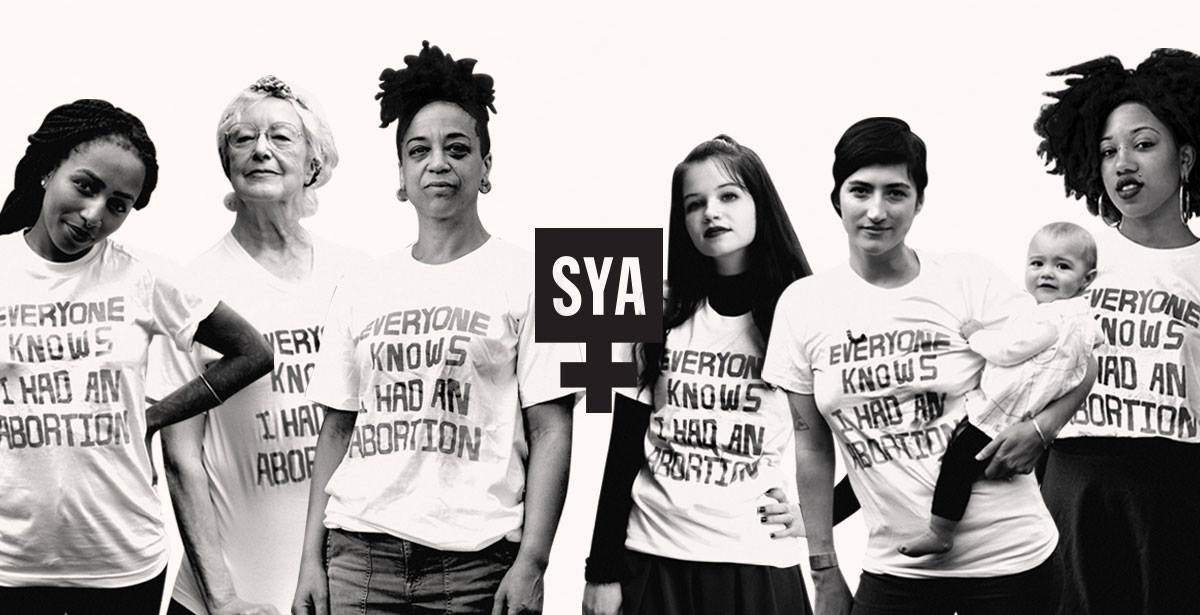

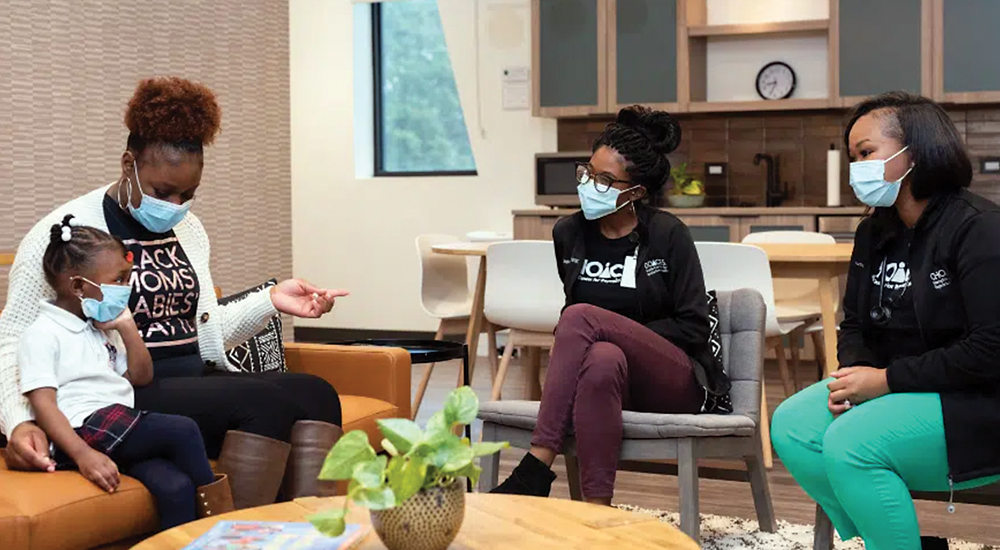
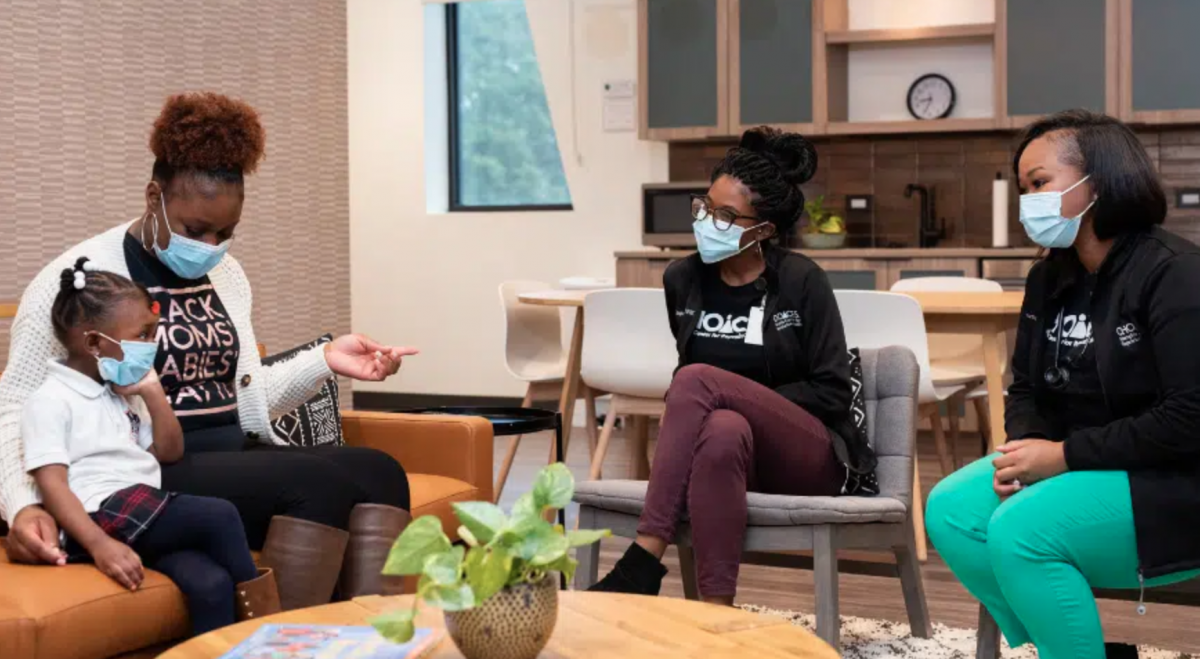
 CHOICES
CHOICES 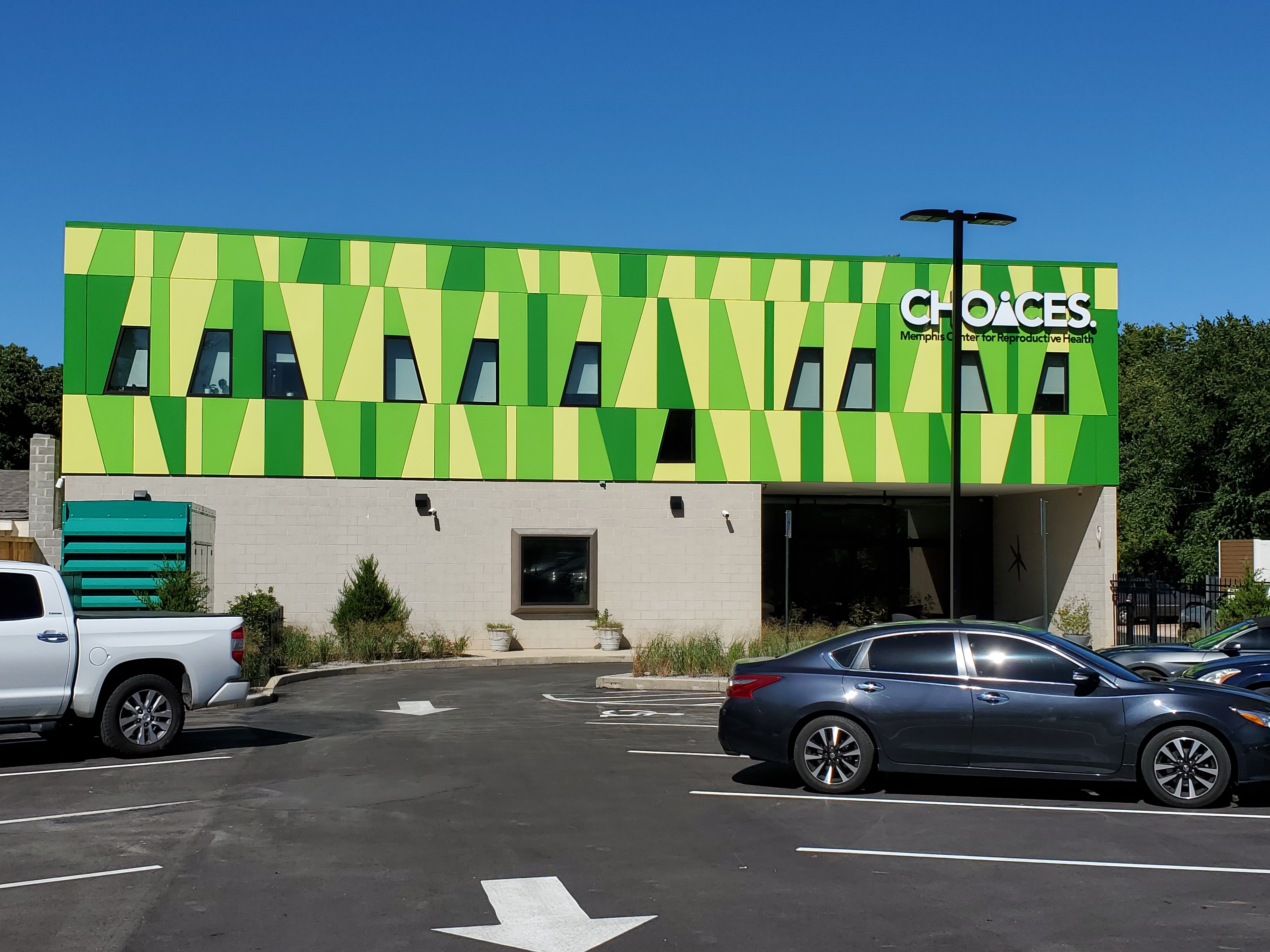
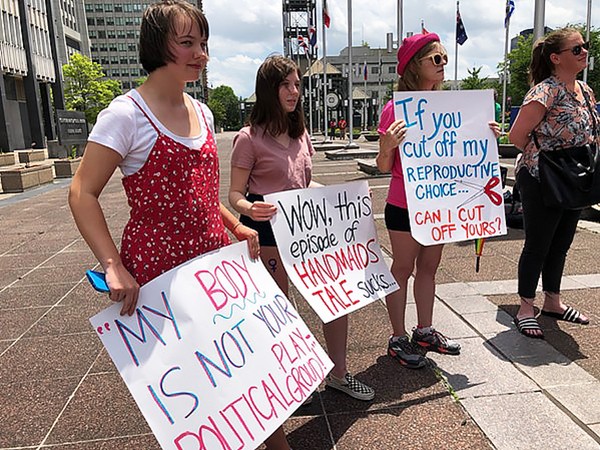 Maya Smith
Maya Smith 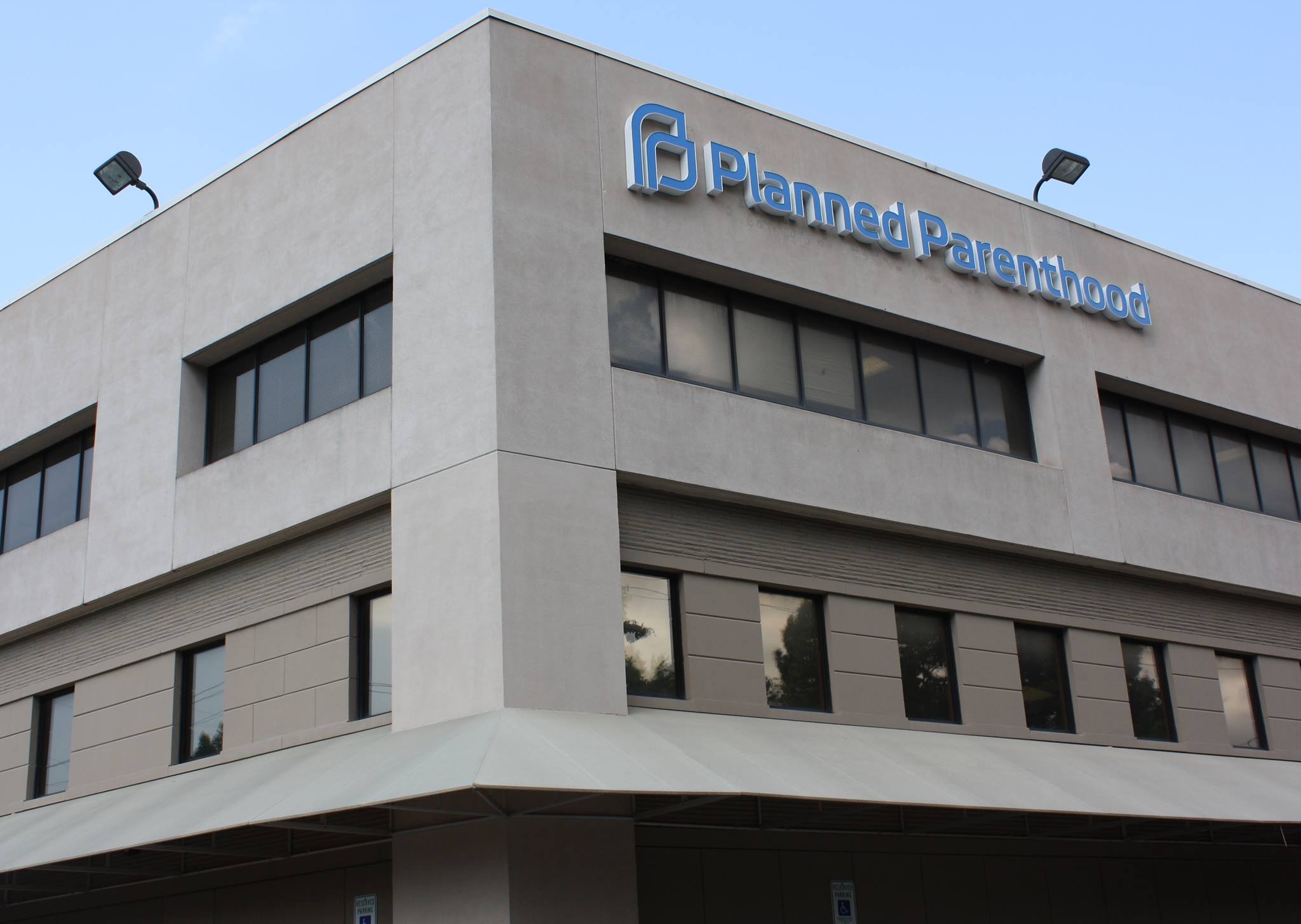 Planned Parenthood of Tennessee And North Mississippi/Facebook
Planned Parenthood of Tennessee And North Mississippi/Facebook 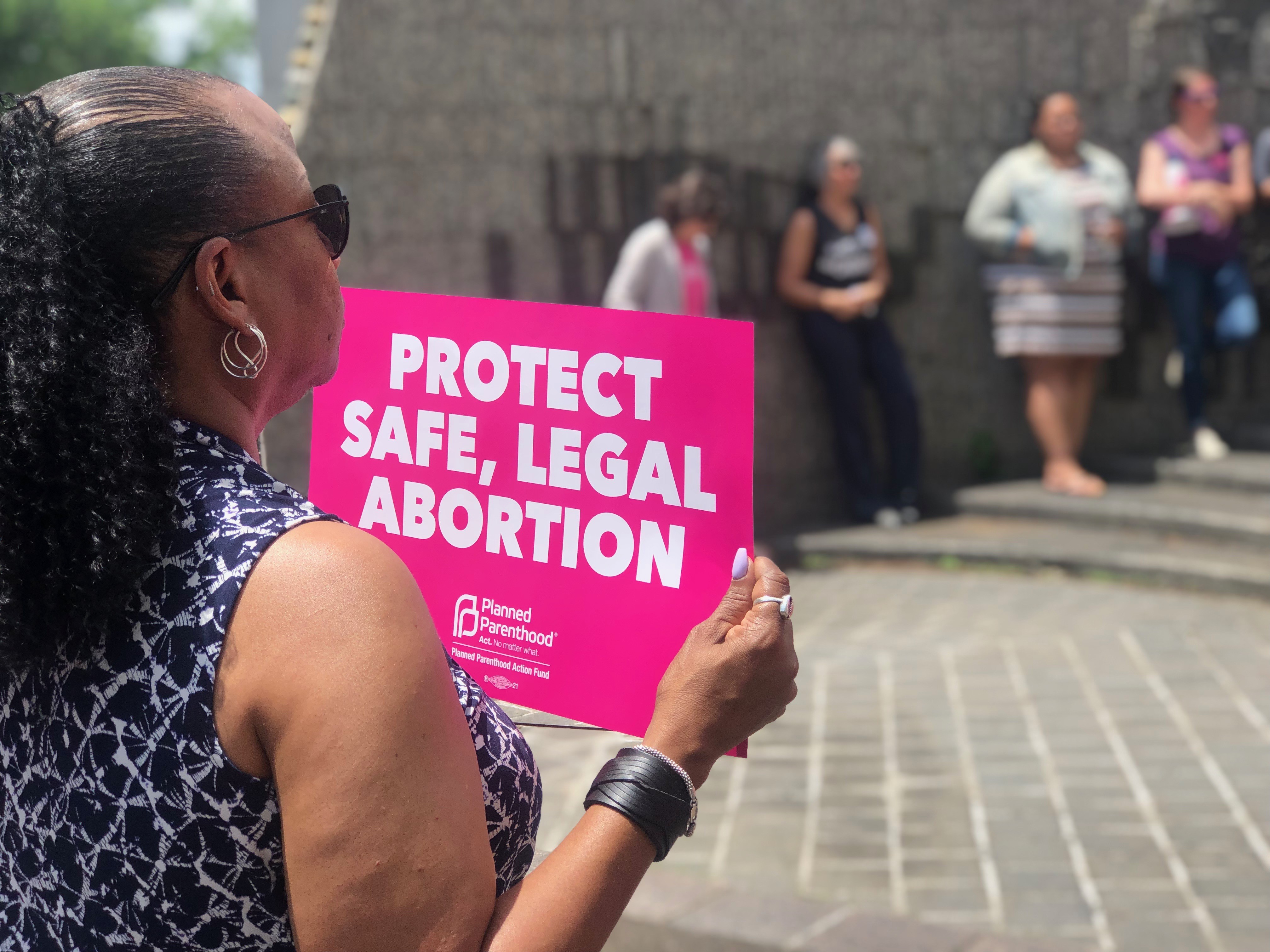
 Facebook/CHOICES
Facebook/CHOICES